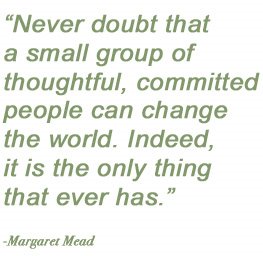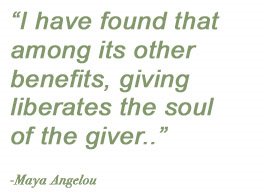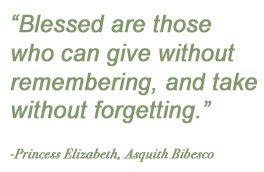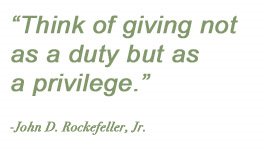 September is National Sickle Cell Awareness Month. Because it is "back to school" month for most children, the Sickle Cell Disease Association of America wants the public to reflect on the children and the adults whose lives, education and careers have been affected by this disease. The observance originated in 1975 when the Association and its Member Organizations began conducting month long events to call attention to sickle cell disease and the need to address the problem at national and local levels.
September is National Sickle Cell Awareness Month. Because it is "back to school" month for most children, the Sickle Cell Disease Association of America wants the public to reflect on the children and the adults whose lives, education and careers have been affected by this disease. The observance originated in 1975 when the Association and its Member Organizations began conducting month long events to call attention to sickle cell disease and the need to address the problem at national and local levels.
The Association and its Member Organizations sponsored public educational programs and fund raising activities during the month. State and local government officials issue Sickle Cell Month proclamations and are introduced to local poster children.
The tradition of selecting a National Poster Child from local candidates began in 1976 with President Gerald Ford greeting the first winner at the White House. Presidents' Carter, Reagan, Bush and Clinton have also greeted the National Poster Child.
The effort to have Sickle Cell Month officially recognized at all levels succeeded in 1983 when the House of Representatives unanimously passed the resolution, introduced by the Congressional Black Caucus, asking President Reagan to designate September as "National Sickle Cell Anemia Awareness Month." The President signed the resolution in August of 1983.
For educational materials to display during Sickle Cell Awareness Month call (800) 421-8453 or e-mail your request to scdaa@sicklecelldisease.org. For information on activities sponsored by your local SCDAA Member Organization.
BE A DONOR!
Blood is needed for emergencies and for people who have cancer, blood disorders, sickle cell, anemia and other illnesses. Some people need regular blood transfusions to live.

| You will get free juice and cookies. | |
| You will weigh less — one pint less when you leave than when you came in. | |
| It's easy and convenient — it only takes about an hour and you can make the donation at a donor center, or at one of the many Red Cross mobile blood drives. | |
| It's something you can spare — most people have blood to spare... yet, there is still not enough to go around. | |
| Nobody can ask you to do any heavy lifting as long as you have the bandage on. You can wear it for as long as you like. It's your badge of honor. | |
| You will walk a little taller afterwards — you will feel good about yourself. | |
| You will be helping to ensure that blood is there when you or someone close to you may need it. Most people don't think they'll ever need blood, but many do. | |
| It's something you can do on equal footing with the rich and famous — blood is something money can't buy. Only something one person can give to another. | |
| You will be someone's hero — you may give a newborn, a child, a mother or a father, a brother, or a sister another chance at life. In fact, you may help save up to three lives with just one donation. | |
| It's the right thing to do. |
1. The American Red Cross
2. The American Association of Blood Banks
3. New York Blood Center
4. Gulf Coast Regional Boold Center




